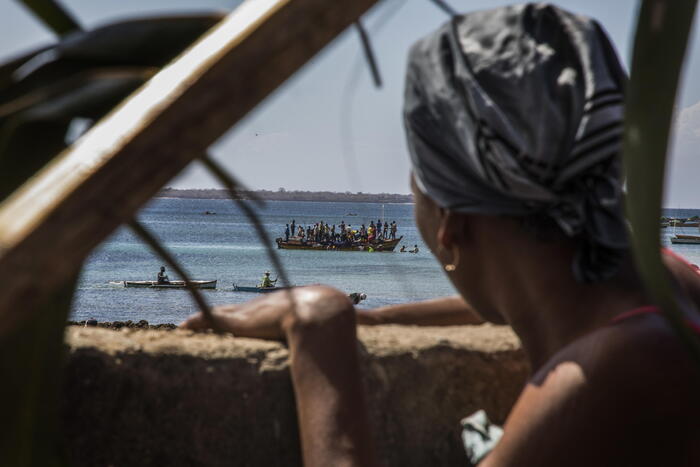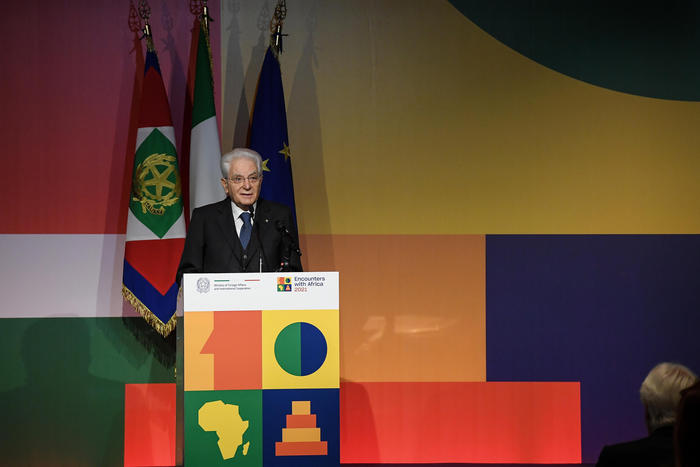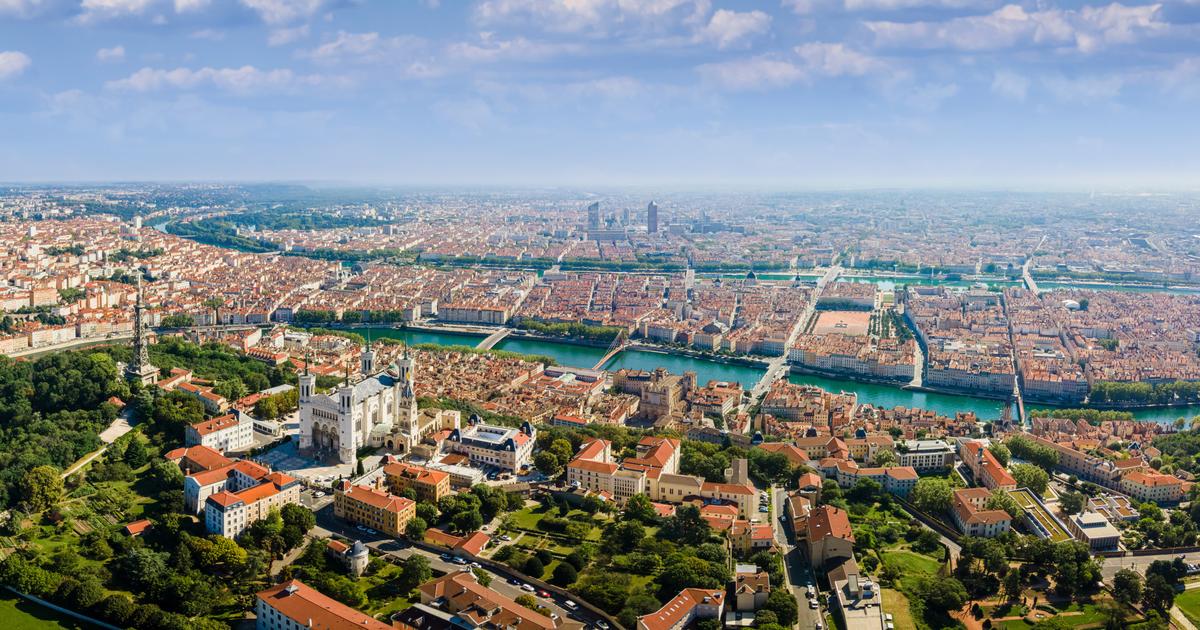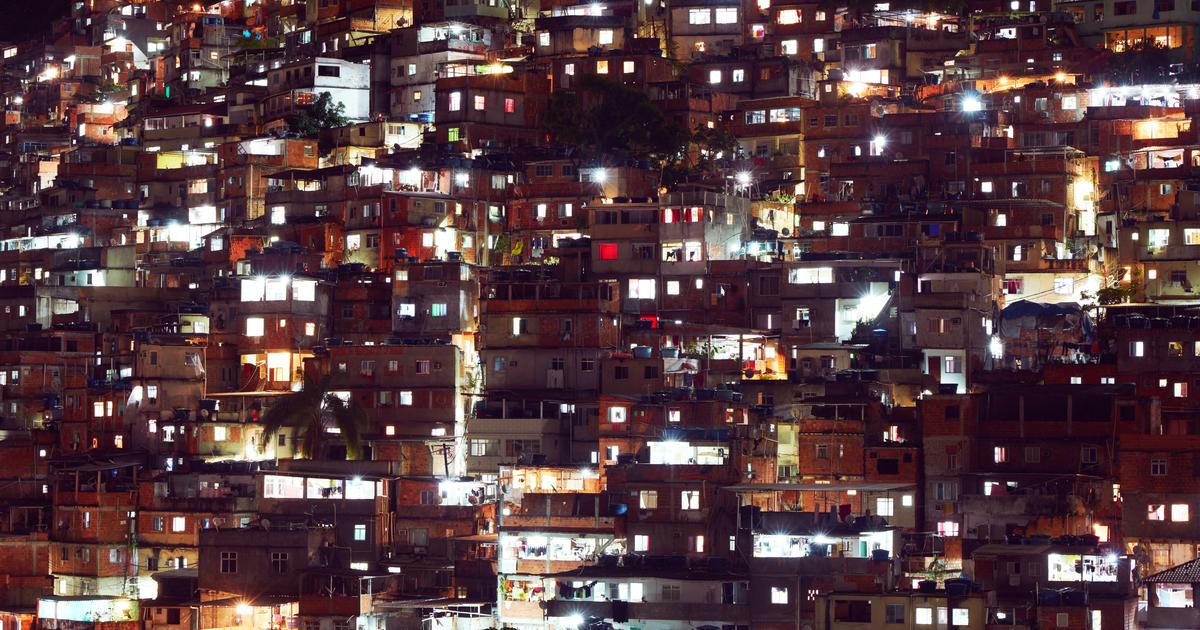Note to readers: EL PAÍS offers the Future Planet section for its daily and global informative contribution on the 2030 Agenda. If you want to support our journalism,
subscribe here.
Head lowered, gaze fixed on the tiles on the floor.
Shrunken in his chair, Miguel Jacinto Siquele rubs his hands.
Behind the screen that guarantees the privacy of the meeting are he and the social worker Manuel Macaime.
“Miguel, I want you to close your eyes.
I want you to breathe deeply, ”asks this one.
The interpellation takes a couple of minutes: inhale and exhale, and little by little relax the expression, also the body posture.
What he is trying to do is not easy: if he manages to talk, it will be the first time he has verbalized what he already knows, but has never dared to admit: that the heroine is ruining his life.
PHOTO GALLERY |
Mafalala's conspiracy against drugs
The scene takes place in a consultation at the community center for people who use drugs in the Mafalala neighborhood, one of the most humble in Maputo. Macaime, who is a social worker for Doctors Without Borders, offers this 26-year-old user –because we are talking here about users and not sick people or addicts– the first help to get out of the well. Listening to his story, giving him information about his possibilities and referring him to what he may need are the first steps in this community space opened by the organization in 2018 and which is the only one of its kind in the country. It currently has 2,400 registered, most of whom are heroin users.
The services provided include counseling, testing for HIV, tuberculosis, hepatitis B, C and syphilis, which are the most common diseases among this group, and referral to necessary medical services. Beyond the sanitary aspect, the center has a laundry, showers and a rest area. Natalia Tamayo, an expert doctor in infectious diseases at MSF and coordinator of the project, explains her reason for being: “Between 2014 and 2015 the Hepatitis B and C tests were introduced and it began to be seen that the majority of those that tested positive for Hepatitis C were drug users, so we started to think about how to meet this specific need. " Those who use injectable narcotics are at risk of contracting infections when they share contaminated needles, and this was happening in Mafalala,one of the neighborhoods of Maputo where most of the sale and consumption of these substances is concentrated.
More information
Post to get high, better get high right
The beautician who helps women addicted to heroin, the drug that is sweeping Africa
The place where HIV patients go with nowhere else to go
They soon realized that treating hepatitis C was not effective if the full package of harm reduction defined by the WHO was not implemented, measures that have been shown to be effective in reducing the spread of the AIDS virus.
This guide not only includes the services that are already offered in the community center, but also three components that did not exist in Mozambique: the distribution of syringes, the use of naloxone to counteract overdoses and the offer of opioid substitution, that is, methadone therapy.
"What we want is that people do not get infected, and if they do get infected they don't die," Tamayo sums up.
It is true that direct deaths from overdoses are not high in the country: according to the latest WHO data, they reached 44 in 2018, 0.2% of the total.
But AIDS is the leading cause of death, with 51,000 deaths in 2019 according to UNAIDS.
Among those treated in Mafalala, MSF estimates that 40% of those who inject themselves are HIV-positive.
20% in the case of heroin or crack smokers.
To implement this novel approach, we worked in coordination with the Ministry of Health, with the Cabinet for the Fight against Drugs, and with the community through a local organization, Unidos, which had been supporting people with addictions for some time.
Sample of the safe injection package that MSF provides free to drug users in Maputo, Mozambique.
Click on the image to see the complete photogallery.
ÓSCAR CORRAL
A nurse, a doctor, more than 50 community activists and social workers like Manuel Macaime work at the Mafalala community center, who continues to listen to Siquele.
The first one asks him when was the last time he used, and warns him that he needs the truth to be able to help him.
From “more than a month ago”, it goes to “less than two weeks ago”.
It is difficult to recognize it.
"I'm only fine when I get a
skewer
, but I have discovered that it is a total illusion, doctor, that it is really nothing," laments this young man, who works as a mechanic of agricultural machinery.
Despite the fact that Mozambique occupies one of the last ten places in the Human Development Index, that is, it is one of the poorest countries in the world, you don't have to be rich here to get hooked. A
skewer
or dose of heroin costs about 50 meticals, which is 66 euro cents. Less than a loaf of bread. Having a salary, in the end, is what has ended up leading you astray. Because he was going to
jump around
, partying, with friends from the neighborhood, and they ended up convincing him to buy. In 2013 things got so bad that he hung himself from a lamp. His life was saved by “someone” –the memories are very blurry– who broke down the door of the room where he had locked himself and aborted the suicide. "But I have not tried again, doctor, not that," he says.
In the mouths of Maputo, a dose of heroin costs about 50 meticals, 66 euro cents
Drug addiction is a problem in Mozambique that has been increasing for five years.
Tamayo remembers how before the
bocas
(houses and clandestine places where it is bought and consumed) were well located in Mafalala and in the Military Quarter.
Now this has expanded and the data attests to it: heroin use in Africa has risen faster in the last decade than anywhere else in the world, according to the United Nations Office on Drugs and Crime (UNODC). in English).
In Mozambique, up to 40 tons of this substance enter each year, according to calculations by London School of Economics analyst Joseph Hanlon.
In his research
The uberization of the heroin trade in Mozambique
, from 2018, the author estimates that, with a total value of between 600 and 800 million dollars, it is the second largest export in the country, whose geographical location makes it a port of entry on the continent for merchandise arriving from Asia, mainly from Pakistan and Afghanistan.
It is then transported to South Africa and from there up to European markets.
However, the experience of MSF staff indicates that there are many more circulating: "crack, cocaine and marijuana we are finding in urine samples," says the doctor.
The controversial syringe distribution
There are no records of drug users in Mozambique, or in Maputo, but it is known that there is always someone in the Mafalala community center. Many are only looking for a safe injection package, the main tool to prevent further HIV and hepatitis C infections. The set is exquisite and lacks nothing, as described by Fátima Alfredo and Meke Manuel, from the local NGO United. Each one includes syringe, needle, paraphernalia, ie spoon, distilled water, cotton and band-aid. “We advise for the practice of safe injection and the use of paraphernalia. We also make sure that HIV and TB patients take their medication, ”explains Alfredo.
Samuel João, a former heroin user, has been on opioid substitution therapy with methadone for nine months.
Click on the image to see the complete photo gallery.ÓSCAR CORRAL
One of the most frequent teachings is to learn to prick yourself correctly and in safe parts of the body.
“Always on the arm, towards the heart and where the veins are most visible.
There are patients who cannot find them due to the prolonged time of consumption and they are injected anywhere, even directly into the bone.
There are also those who want to do it where it is not seen so that their family does not find out, such as between the fingers, and even on the penis ”illustrates Alfredo.
MSF estimates that they are currently distributing up to 15,000 syringes each month.
"There are those who prick themselves up to five times a day," adds Tamayo.
The dispensing of these materials has not been without controversy.
“Initially they asked us if we were not promoting the use of drugs, then we answered: 'I give you this material.
By the fact that I give it to you, are you going to start using?
No right?
We do not encourage it, we avoid the transmission of diseases ”.
MSF estimates that they are currently distributing up to 15,000 syringes each month in Mafalala
Another component of the WHO harm reduction program is the use of naloxone hydrochloride, a compound that reverses the effects of overdose.
In the office of HIV and addiction specialist Matthew Sexter, a small box with a sign that says: Naloxone hangs on the wall.
Emergency use.
"We also have personnel trained in the community to know how to inject it, and we give them doses so that they always have them on top," he explains.
Since the beginning of the project, 70 kits have been distributed in the Mafalala neighborhood and in El Militar, but they estimate that at most 12 have been used so far.
The bet on methadone
From an overdose, precisely, Samuel João almost died. Some friends took him to his mother's house, foaming at the mouth, gone. She called a taxi, which flew to the nearest hospital. Maternal knowledge saved her life that time. Now, methadone has saved her. João, 40, is one of 200 beneficiaries of the opioid substitution program that MSF started in February 2020 at the Alto-Maé Health Center in Maputo, a five-minute walk from Mafalala. It is a small space, just a window to take the dose and a desk where Fatima Macía, a psychosocial counselor, visits. But it works very well, too well in fact, because in addition to the people who already use the service, there are another 600 on the waiting list.“They come up with the idea of starting the treatment the same day and I have to tell them that the problem is not going to be solved immediately; it is complicated and sad because they come from a situation of great distress ”, says the therapist.
In addition to the 200 people who already use the methadone service, there are another 600 on the waiting list
Getting off the hook is the dream goal for many, but not everyone achieves it.
For those who are thinking about it, there is a limited range of options: first, "cold-blooded" detoxification, that is, putting yourself in the hands of a religious institution, such as the Christian Reto or Remar, and nipping consumption at the root.
Another is to enter the psychiatric area of one of the Maputo hospitals that offer the service and undergo drug treatment.
João, who was 22 when he started smoking, couldn't handle any of them.
"I went to many places and it did not work, it was like a punishment that".
He had to wait nine months.
His story, as stark as that of any other person hooked on heroin, crack, cocaine.
Since January 2021, there is no longer that boy whose mother had to keep her shoes under lock and key because, if not, she would sell them in order to get a dose. “The day they gave me methadone for the first time I thought it was an extraordinary thing because I didn't have a hangover,” he says, referring to the terrible side effects of the horse: sweats, muscle aches, diarrhea, cramps, anxiety. “I went straight home, I sat in my room, I managed to eat those things that I couldn't when I was wearing it, I could stay at home, alone. And I wanted to repeat the next day ”.
Now, far from that, João gets sick just hearing the possibility of relapse.
“I have a friend who has smoked since childhood;
I'd like to convince you to come here with me, but I don't want to go back to the mouths to look for it.
I love him very much, but I can't go there ”.
A user of the MSF methadone program waits for the nurse to prepare her dose at the Alto-Maé health center, in Maputo, Mozambique, on June 22, 2021. Click on the image to see the complete photo gallery.
ÓSCAR CORRAL
The conversation with this patient takes place at the Alto-Maé clinic one Monday morning. Like a dozen other people, this young man has gone for his dose of methadone, which is supplied by a nurse in syrup form through a window. The procedure is simple: users only have to go daily and drink the dose set by Dr. Sexter, who also works in these facilities several days a week, and then they can leave. In these is now Aissa Ibrahim Chicalia, 46 years old. Her story, she asks, must be well recorded, since she is the only survivor of the group of 10 friends who started fooling around with drugs two decades ago.
She started smoking horses at 16, newly married and pregnant with her first daughter, when her gang became friends with other kids who used and asked her permission to meet at home, taking advantage of the fact that her husband went out to work every morning. They always told me: 'smoke a little, if you don't do anything…'. After a month I decided to give it a try, and went headfirst ”. Over the years, her husband ended up abandoning her after trying everything to help him detox. He already had two children in the world. "I was in the prime of life and I thought I did not care," he remembers now. She got together with another heroin addict and had a third child that she gave to her parents as she gave birth to him.
Aissa Ibrahim Chicalia started taking methadone on September 9, 2020 and has managed to forget about heroin.
In the image he is in the Alto-Maé health center, where he receives his daily dose, in the company of his youngest son.
Click on the image to see the complete photo gallery.ÓSCAR CORRAL
This woman, who today looks healthy, smiling and serene, began to see the light when she met her current husband, Antonio Nyambane, a very strong man, she says in admiration, because he did manage to disengage in cold blood 14 years ago.
"He saw that I wasn't going to be able to leave him alone, so he told me: 'I'm going to give you money every day so you can buy and smoke at home.'
One day in a mouth and I started crying, I was tired of all that ”.
It was then that they told him about methadone therapy.
He began treatment on September 9, 2020, the date he was born again.
She works as a domestic worker and takes care of the two children she had with her current husband, ages nine and four, who sometimes accompany her to the clinic.
With the two oldest, she has recovered the relationship after they even prohibited her from coming to their houses, because she would steal anything from them in order to buy a dose.
The one who gave birth in its worst moments hurts especially because at the age of eight she became hooked on crack.
“I discovered it when he was 13 and lived on the street.
My brother took him in and rehabilitated him ”, she sighs with relief.
Aissa Ibrahim Chicalia's third child became addicted to crack at age eight
In the past, HIV infection through the use of used syringes was not considered a priority in the fight against AIDS in Mozambique, but a year ago this changed. The Ministry of Health presented the harm reduction part as one of the components of the fight against AIDS to the Global Fund, which is the international organization that finances the fight against HIV, malaria and tuberculosis, and the latter approved the proposal So at least until 2023 the country has secured the funds to continue supplying methadone, syringes and naloxone, as well as to maintain the Mafalala community center.
However, more staff and funding are needed to assist those who are still waiting for a chance to emerge from drug hell, as Chicalia hopes to achieve.
She also continues and is preparing to reduce the dose with the idea of ending up leaving her in a process that, if all goes well, will conclude next Christmas.
“I want to have this strength forever because I don't want to go back.
I no longer need to chase after heroin ”, he celebrates.
FUTURE PLANET can follow on
,
and
, and subscribe
here
to our 'newsletter'
.









